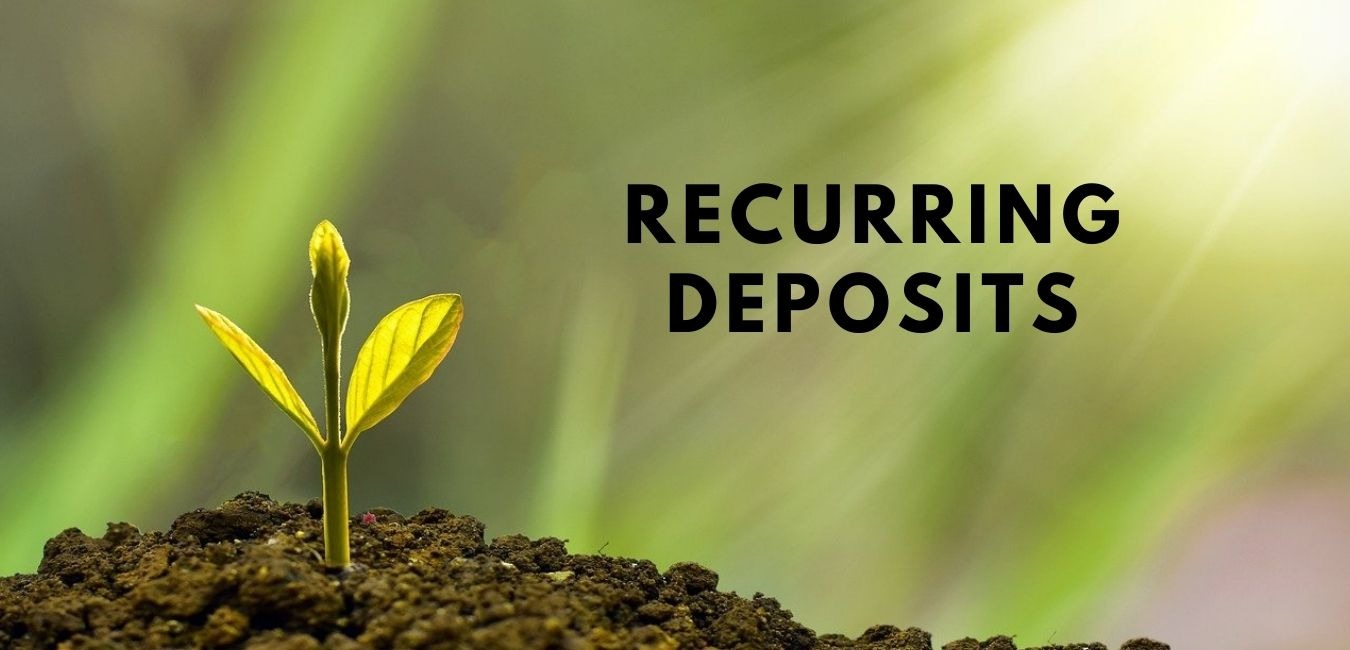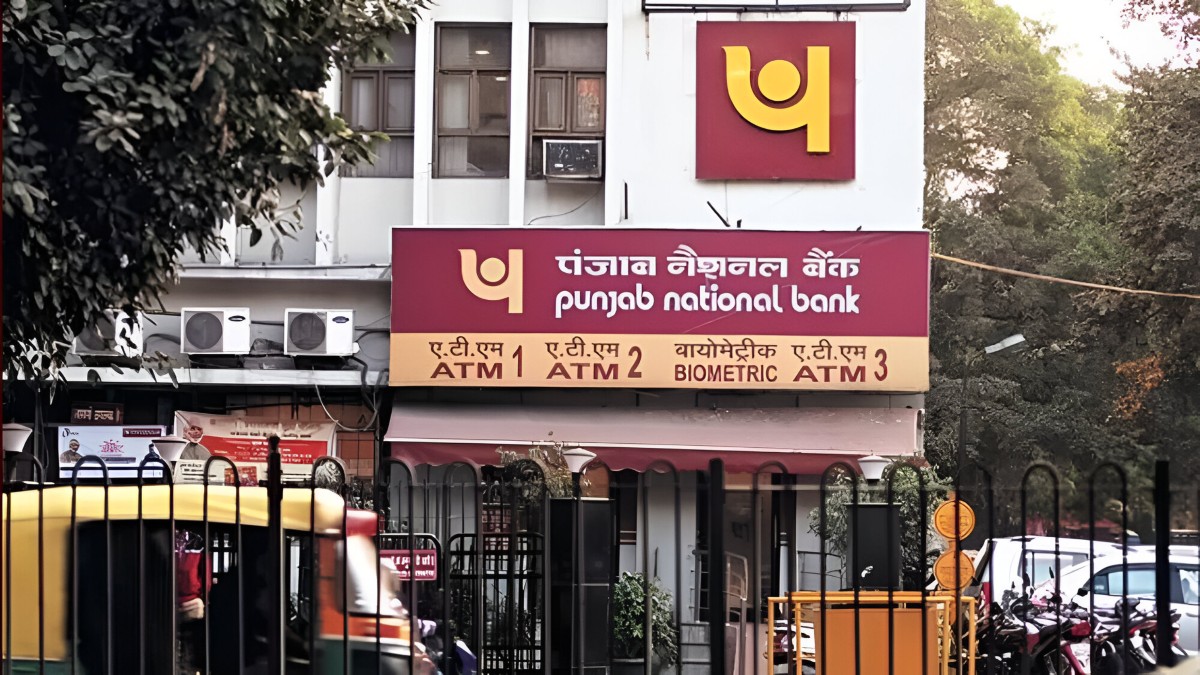Building an emergency fund is essential for financial stability, and using a Recurring Deposit (RD) offers several advantages in this regard. In case of any unforeseen incidents, such as a job or medical emergency, an emergency fund plays a vital role in handling such situations. Moreover, an emergency fund is vital for ensuring financial stability and security.
It not only protects against unforeseen expenses but also promotes healthy financial habits and peace of mind, making it an essential aspect of personal finance management.

Here are the key reasons why RDs are an effective tool for creating an emergency fund:
Benefits of Using RDs for Emergency Funds
- Disciplined Saving: RDs promote a disciplined approach to saving by requiring monthly contributions. This consistency helps individuals develop a saving habit, making it easier to accumulate funds over time.
- Low Initial Investment: Many banks allow individuals to open RD accounts with as little as Rs 100 per month. This accessibility means that anyone can start building his or her emergency fund without needing a large initial investment.
- Fixed Interest Rates: RDs typically offer higher interest rates compared to regular savings accounts, often ranging from 4% to 8% per annum, depending upon the banks. This means that the money saved not only remains secure but also grows over time, enhancing the overall value of the emergency fund.
- Liquidity and Accessibility: RDs enable users’ comparatively rapid access to funds when the tenure is open despite having a set tenure. By selecting shorter tenures, such as six months to a year, funds are guaranteed to be available when they are most required.
- Goal-Oriented Savings: Setting up an RD specifically for emergencies helps establish clear financial goals. Individuals can determine how much they need in their emergency fund—typically enough to cover three to six months of living expenses—and track their progress accordingly.
- Automation of Savings: Most banks offer auto-debit features that allow for automatic monthly contributions to the RD account. This automation simplifies the saving process, ensuring consistent contributions without manual intervention.
- Separation of Funds: Maintaining a separate RD bank account for emergencies helps individuals mentally keep up these funds strictly for unforeseen expenses, reducing the temptation to use them for non-emergency purposes.
- Financial Security: An emergency fund acts as a safety net during unexpected situations such as medical emergencies or job loss, providing essential support without resorting to high-interest loans or credit cards.
Conclusion
Building an emergency fund is essential for any individual or family to secure from any emergency. However, building an emergency fund requires a lot of dedication and discipline. Using a RD to build an emergency fund combines disciplined saving with the benefits of fixed returns and liquidity, making it a solid choice for anyone looking to prepare financially for unforeseen circumstances. To be particular, this approach not only enhances financial security but also fosters better financial habits, making it a smart choice for anyone looking to prepare for unexpected expenses such as medical emergencies or job losses due to certain reasons.

















Leave a Reply